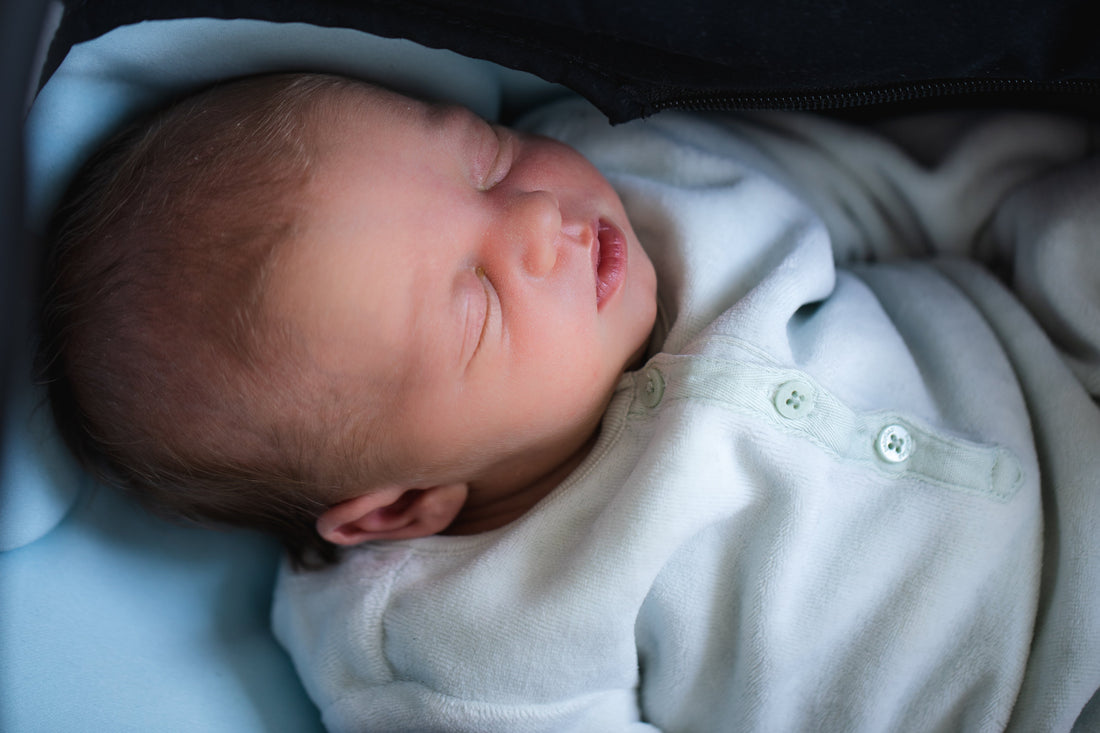You have bravely delivered your baby. You are overjoyed and overwhelmed, whether it is baby number one or one of many. That is a natural feeling; every new mother feels that way.
There are so many firsts for your newborn, the first time you hold them in your arms, that first cry, the first diaper change, the first night of their life. These are all exciting times, but you have a lifetime of firsts ahead of you.
That first week is a time where you are getting to know your baby, studying them, learning their cry, and finding out what makes them feel safe and secure.
Those first few days are a time for recovery, and luckily most babies will use that time to sleep a lot. They are also recovering and need their sleep.
You may notice that your newborn loses up to 10 percent of their birth weight after the birth in those first few days, but within a few weeks, they will begin gaining weight again. If your baby begins to lose more weight than that, call your health professional.
Most newborns feed every 2-4 hours, and they have around 8-12 feeds every 24 hours. Feeding can last for a short time or sometimes up to one hour, depending on the baby. Infants should soil 6 to 8 diapers a day if they are getting enough to eat.
They are born with various reflexes like the rooting reflex mentioned above, grasping of your fingers, or even certain jerky movements when they sleep.
Your newborn’s umbilical cord will gradually dry, become black, and then fall off, usually within the first ten days. It will require daily cleaning to keep it clean and free of infection. You will need to keep an eye out for any changes. If it becomes red or sticky, let your midwife or nurse know.
Babies are still developing their vision at birth. You may notice that your baby is looking directly at you since they can focus on objects 8 to 12 inches away.
When you are feeding, you can use the rooting reflex to help the baby latch. Just stroke the cheek on the side that the breast or bottle is, and the baby will automatically turn her head in that direction.
Babies will cry when they need something. Generally, they will cry because they are hungry, they have a wet or dirty diaper, they feel too hot or too cold, or they want you close for reassurance.
There will be a lot of things to think about in that first week, but most parents are quick to adjust.
The most important thing is to enjoy every minute of that precious time and remember that you can ask for help when you need it.

